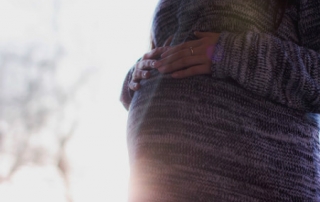Sleep Medications: What Information Do We Have on Reproductive Safety?
It is estimated that up to 95% of women experience some type of sleep disturbance during pregnancy. While for many women the insomnia is relatively benign and may respond to simple interventions, other women experience more severe insomnia which has a significant impact on their quality of life and ability to function. Various non-benzodiazepine hypnotic agents, specifically zalepion (Sonata), eszopiclone (Lunesta), and zolpidem (Ambien), are commonly used for the short-term treatment of insomnia; however, information regarding the reproductive safety of these sleep aids has been sparse.



